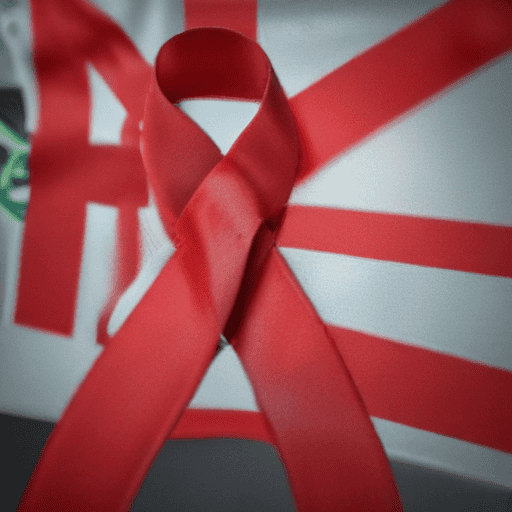HIV cases in Fiji have surged alarmingly in recent months, increasing from 552 reported cases in the first half of 2024 to 1,093 by September. This rapid rise prompted the Minister for Health, Dr. Antonio Lalabalavu, to officially declare an HIV outbreak in the country. The increase is particularly pronounced among individuals aged 20 to 29, who account for over half of the new infections.
Dr. Lalabalavu reported that the highest number of cases occurred in the Central Division, with 766 cases recorded. The Western, Northern, and Eastern Divisions reported 292, 33, and 2 cases respectively. Among the new HIV cases, 784 were male, and a significant majority, approximately 90.6%, were of i-Taukei descent.
One critical aspect of this outbreak is that only 52% of the new cases (572 individuals) have been successfully linked to care. Among those linked, 77% (443 cases) have established transmission routes, with injecting drug use being a prominent mode for 50.3% of the reported cases, while sexual transmission accounted for 45.6%. There are still 129 cases under evaluation for determining their primary transmission routes.
In response to the rising infections, the Fiji National HIV Surge Strategy was launched, which includes a 90-Day Plan aiming to implement effective interventions. Dr. Lalabalavu noted that this current outbreak follows a surge at the end of 2023 and is significantly tied to the escalating illicit drug crisis in Fiji.
This situation underlines the urgent need for enhanced public health efforts, including testing and prevention strategies, to combat the rising tide of HIV cases. While the increase is concerning, the establishment of targeted interventions and enhanced care programs provides a framework for addressing the outbreak effectively and offers hope for reversing these alarming trends. Community involvement, continued awareness campaigns, and access to healthcare services will be essential in turning the tide against HIV in Fiji.

Leave a comment